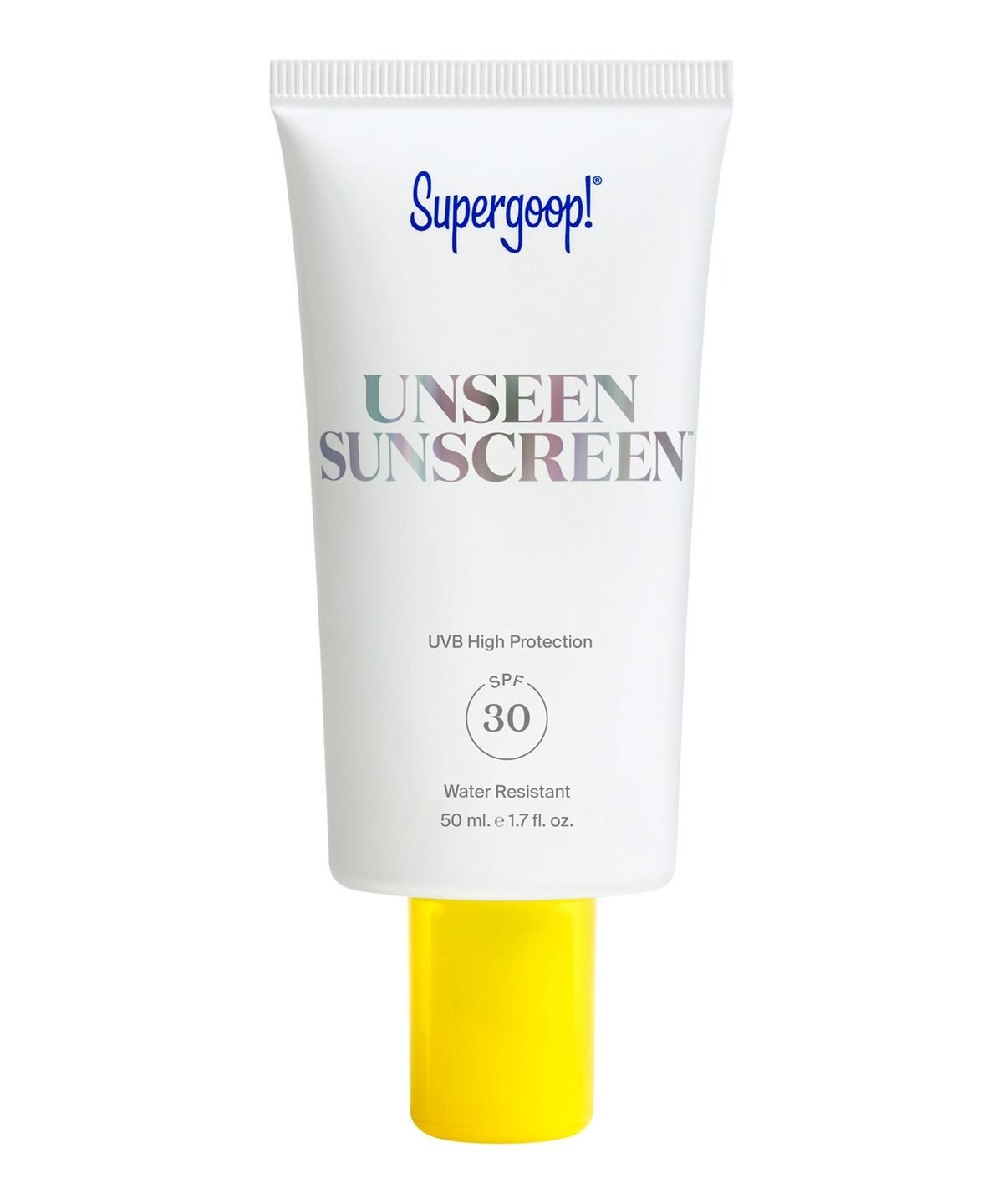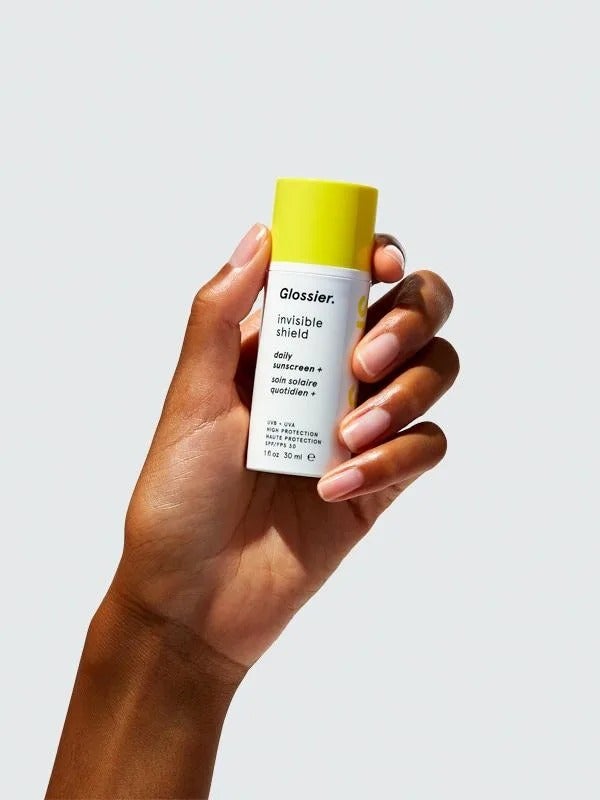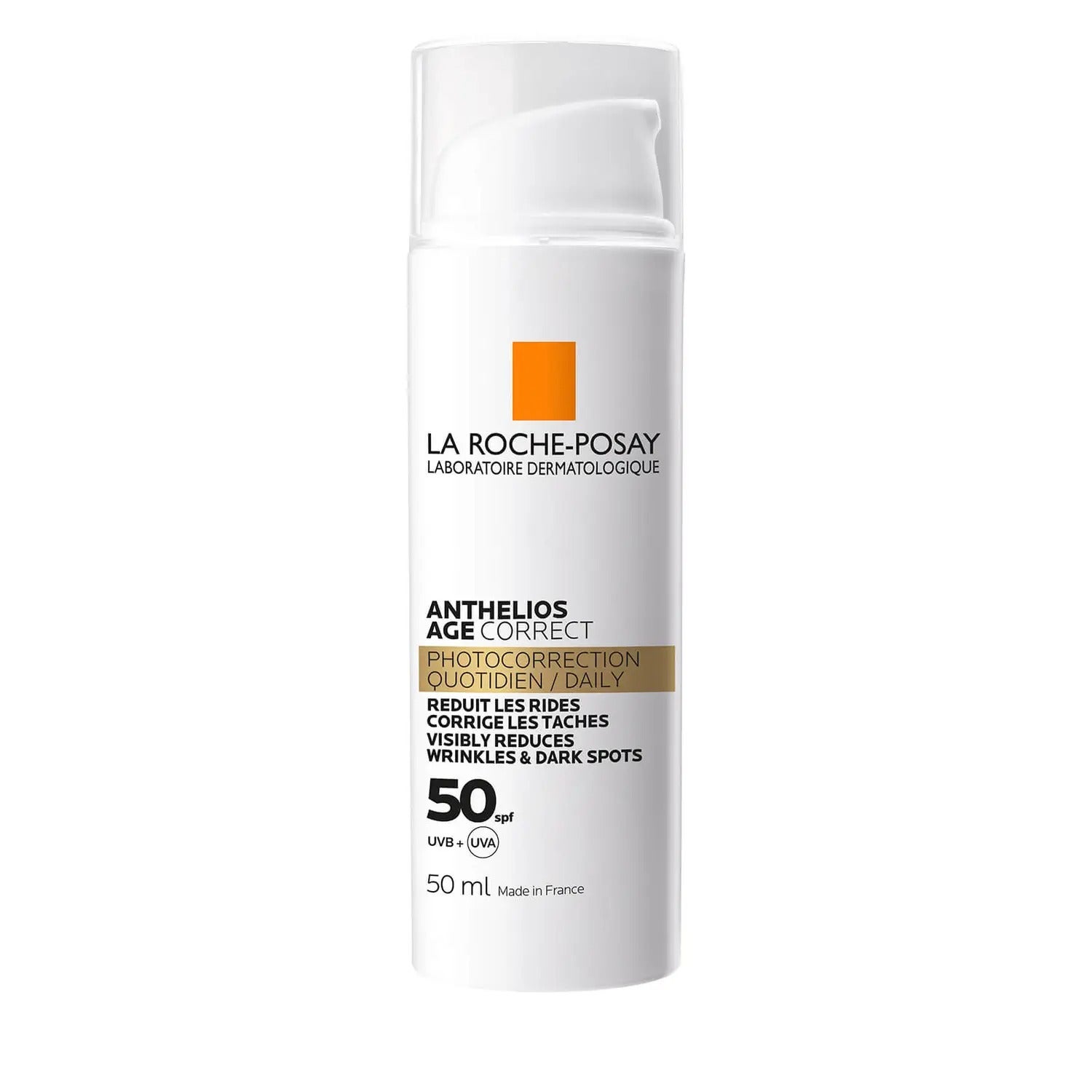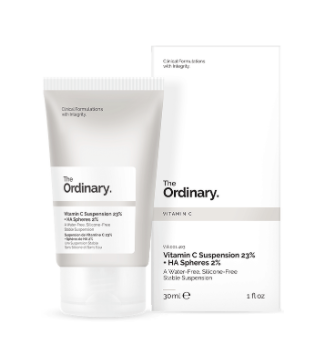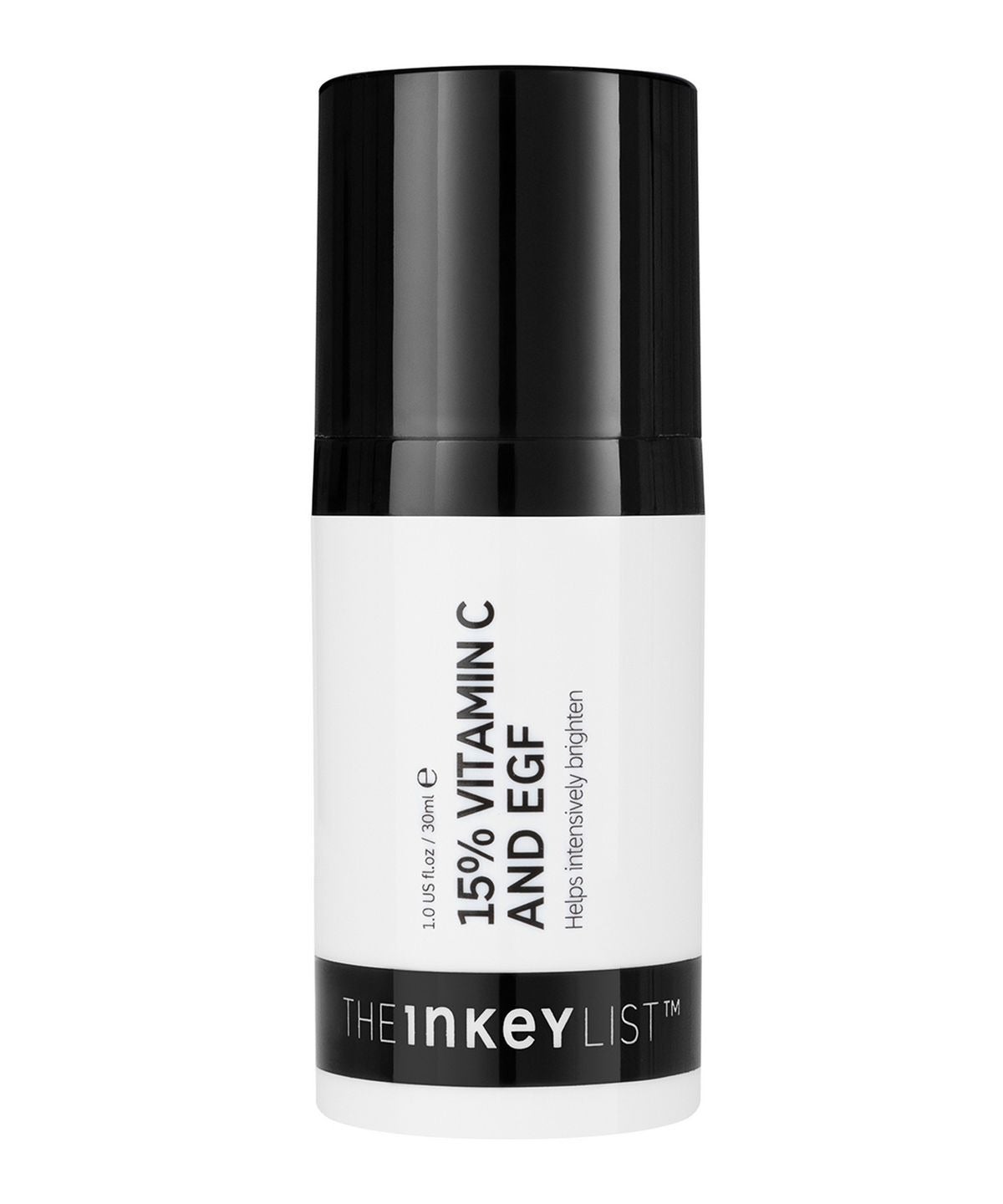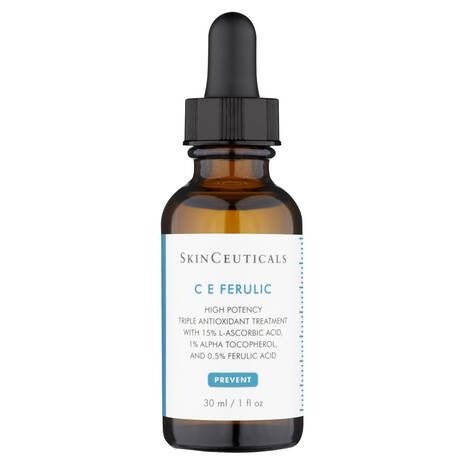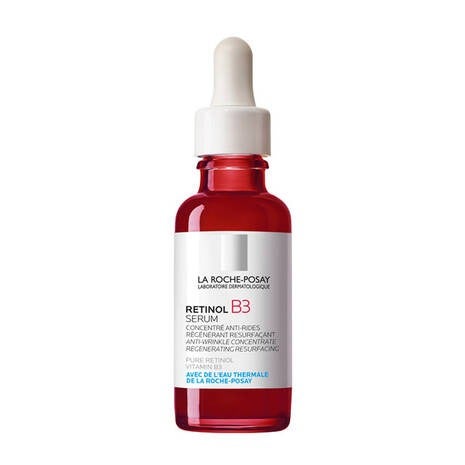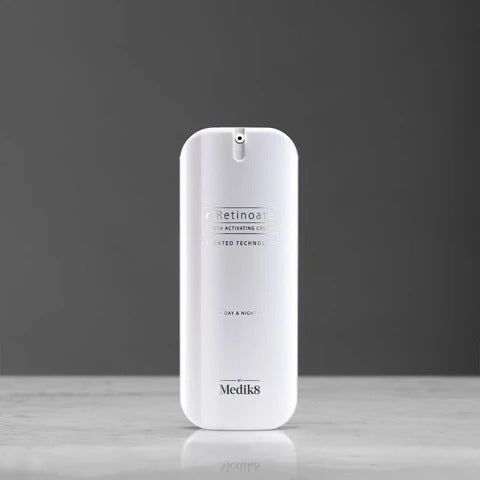Dear Daniela,
I wouldn’t describe myself as a sun worshipper – I don’t do sunbeds, or lie out for hours trying to tan – but I’ve not been particularly observant, either. I don’t wear SPF every day and while I definitely apply sunscreen when it’s hot, I don’t really reapply and I do enjoy the sun and being outdoors. I’ve now realised the error of my ways and I will be more diligent in future for sure. But how much damage have I done to my skin? Is there anything I can do to stop it progressing further? I feel like I already have quite dull skin and maybe fine lines?
Jazmin, 28
The really good thing about sun protection is that like budgeting, launching your dream business or even getting into Schitt’s Creek, it’s never too late to start. You can still enjoy the benefits of SPF, cosmetically and holistically, even if you start a little later down the line. From the first time you add it into your daily rotation, it will help safeguard what you have and shield against further damage. So, essentially, you’re absolutely right to start now and you shouldn’t be dissuaded from doing so just because you feel you’ve been slack in the past. Well done for joining the SPF 24/7 gang!
Jazmin, 28
The really good thing about sun protection is that like budgeting, launching your dream business or even getting into Schitt’s Creek, it’s never too late to start. You can still enjoy the benefits of SPF, cosmetically and holistically, even if you start a little later down the line. From the first time you add it into your daily rotation, it will help safeguard what you have and shield against further damage. So, essentially, you’re absolutely right to start now and you shouldn’t be dissuaded from doing so just because you feel you’ve been slack in the past. Well done for joining the SPF 24/7 gang!
AdvertisementADVERTISEMENT
In terms of what damage you’ve already done to the skin, it depends how much sun you’ve been exposed to and how your skin reacted. As La Roche-Posay consultant dermatologist Dr Hiva Fassihi explained to me, even a few blistering sunburns (i.e. any sunburn where the skin begins to peel) in your childhood or adolescence can be problematic. "There’s research that shows that one or two bad burns early in your life can set you up for problems," she explained. I don’t know what your skin colour is but if you have experienced that, be sure to regularly check for any moles or freckles that appear. That’s not to say that if you’ve never burned that badly or you don’t burn at all, you’re off the hook. Skin cancers are thought to be the most common kind of cancer in the world. Spotting skin cancer early vastly improves your outlook but for skin of colour, skin cancers are often not diagnosed until a later stage, so vigilance is key regardless of how many or few sunburns you’ve had.
Now let’s focus on cosmetic damage. "For fair skin, your noticeable signs of sun damage are most likely to be fine lines, perhaps pigmentation, and the beginnings of slightly leathery skin," explained Dr Fassihi. "For darker skin, while your natural stores of melanin offer greater protection against things such as wrinkles, you’re more likely to develop pigmentation. This could mean that any acne scarring you have becomes more pronounced, or if you have an inflammatory condition like eczema, you might find the pigmentation left from that stays for a very long time."
AdvertisementADVERTISEMENT
Then there’s the frustrating possibility that the damage you’ve incurred hasn’t shown up yet, as it can take five to 10 years to manifest – almost as if you’ve been sticking drinks on someone’s bar tab all night, then suddenly discover you have to pay the whole thing. "If you have very light skin and haven’t been diligent with sun safety, you will almost certainly have what we call subclinical damage, which is damage that’s deeper in the complexion and not visible yet," confirmed Dr Fassihi. "It’s because there’s a certain amount of damage that you accumulate over time before you hit a threshold when the pigmentation pathways are activated and you start to see sun spots, or fine lines," she added. Essentially, your skin can take a bit of a beating but beyond a point, it starts to lose those lines of defence. Tricky thing is, you won’t know whether you’ve hit that point until it’s way behind you.
Your best bet? Focus on the future. While SPF is a preventative tool, it can also be a slightly corrective one: when used in combination with active ingredients such as vitamin C, it can help aid the recovery process. A good vitamin C can help to break down pigmentation and is the perfect partner to a daily SPF to stop it deepening. If you’re still struggling to find a daily sunscreen that works for you, La Roche-Posay's Anthelios XL range has an affordable selection from a lightweight fluid for oilier skin through to a thicker cream for drier skin, available in factors 30-50. Meanwhile, Glossier Invisible Shield, £20, has a clear formula to blend with all skin tones and a gel texture to avoid smothering oily skin. Supergoop! Unseen Sunscreen, £30, also has a clear formula and an SPF of 40, making it another solid choice for all skin tones.
AdvertisementADVERTISEMENT
To support your skin’s appearance now and to bolster it for the future, Dr Fassihi recommends retinoids and vitamin C. "Antioxidants, especially vitamin C, help protect against oxidative stress (things such as UV rays, pollution and cigarette smoke, for example), so using a vitamin C and an SPF together gives you a good, two-pronged approach," she explained. Vitamin C is also great for fading any pigmentation or sun spots you might already have accrued, and is essential for encouraging collagen production.
You can spend a lot or a little on vitamin C – some of the most popular budget options are from The Ordinary and The Inkey List. If you’ve got cash to splash, SkinCeuticals C E Ferulic, £140, is the one to beat. As for retinoids, they can turn back the clock on a whole host of skin woes – they work to support collagen production, thicken the skin, encourage new skin cells and decrease fine lines, as well as being a great anti-acne ingredient. If you're a first-timer, go for something gentle like La Roche-Posay Retinol B3, £38. The Medik8 r-Retinoate range is there when you’re ready to crank it up a notch – it took the brand eight years of formulation to get this super potent, creamy serum ready for market, as it contains a patented retinoid with impressive clinical trials to boot.
Good luck!
Daniela
Daniela
Refinery29's selection is purely editorial and independently chosen – we only feature items we love! As part of our business model we do work with affiliates; if you directly purchase something from a link on this article, we may earn a small amount of commission. Transparency is important to us at Refinery29, if you have any questions please reach out to us.
